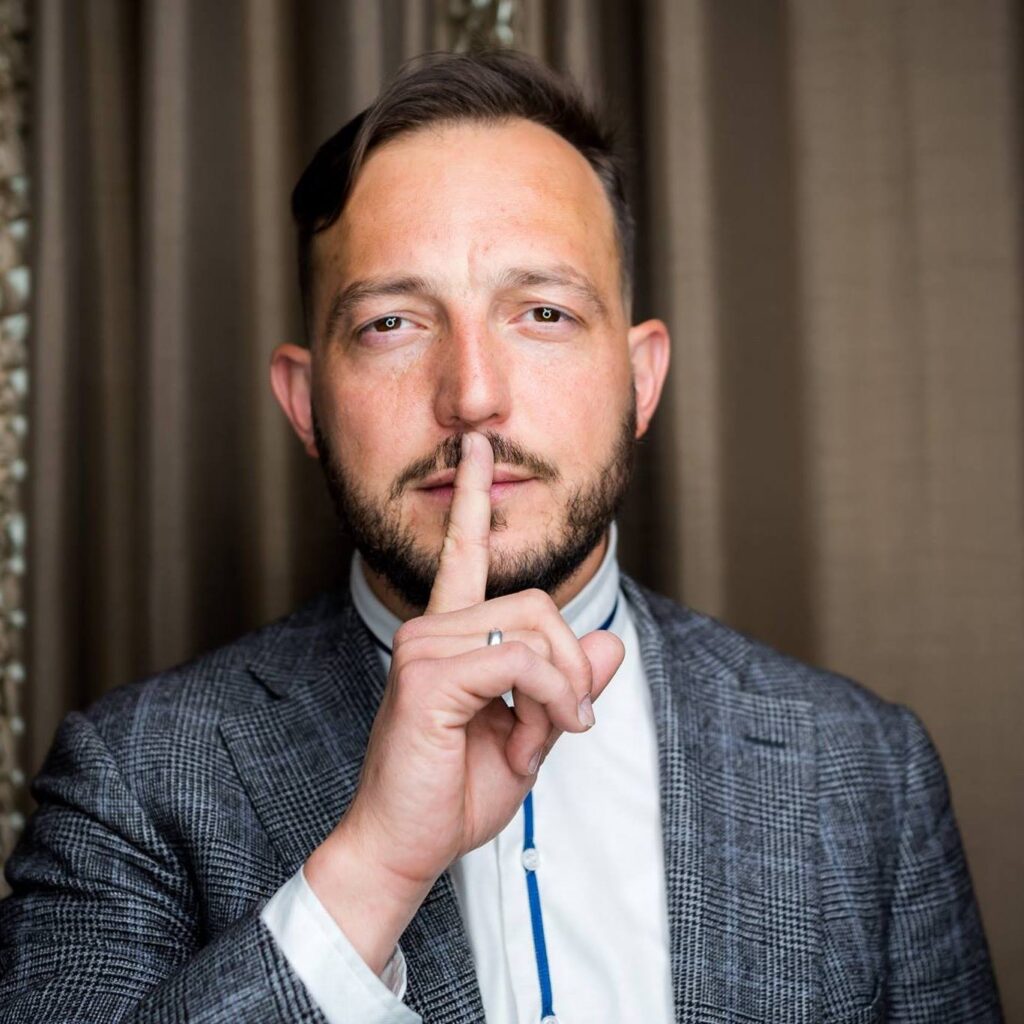After the prosecution brought rapper Zlatan Čodrić – Zlatko before the investigating judge due to him encouraging violent protests and proposed detention during criminal proceedings, the District Court Judge Marjutka Paškulin rejected the proposal for Čordić’s detention and decided to instead release the political activist. The out-of-court senate of the District Court in Ljubljana has now also decided to reject the prosecutor’s proposal and not order detention for Čordić.
After questioning the suspect, the district attorney proposed that the court order his detention for one month from the day he was taken into custody on the grounds of a high likelihood of recidivism. However, since the investigating judge did not order detention, the senate of the District Court in Ljubljana decided on the prosecution’s proposal on Friday.
Judging by the finding of the senate, there is no probability at the level of reasonable suspicion that the suspect committed the alleged crime of incitement to resistance, which is a precondition for ordering detention, the Slovenian Press Agency reports. The court said they did not assess the reasons for detention.
Not only Čordić but also the president of the Resni.ca (the Truth) party, Zoran Stevanović, who had been inviting people via social networks to the unreported protests, where there is no shortage of violence, for weeks now, has been released. Despite an investigation at the party’s headquarters and in his home, no evidence that would justify the extension of detention was found. The prosecution and the police have not yet been able to prove that they incited resistance and that there is any danger that they will continue to do so if they remain at large.
Šiško spent a large part of his prison sentence in custody
While Stevanović and Čordić were released, despite the accusations of incitement to resistance, the situation in Andrej Šiško’s case was entirely different. Four years ago, the president of the United Slovenia Movement (Gibanje Zedinjena Slovenija) founded the so-called free land of Štajerska (Styria) and called himself the Duke of Štajerska. The situation spun out of control when Šiško took over the reins of the Štajerska Guard, which mainly controlled illegal immigration. When the footage of the masked members of the guards made rounds in public, allegations could be heard from the members of the guard that the Slovenian Army and Police are ineffective.
Undoubtedly the most resounding event was when the members of the guard surrounded the police station in Slovenska Bistrica and demanded information about police proceedings against an unknown woman. In any case, Šiško was sentenced to eight months in prison because of a similar situation as in the case of Stevanović and Čordić (more specifically, for inciting a violent change in the constitutional order). Among other things, the Supreme Court assessed that the convict had crossed the line of what is legitimate and the line of constitutionally protected political speech with his actions.
Sara Kovač


